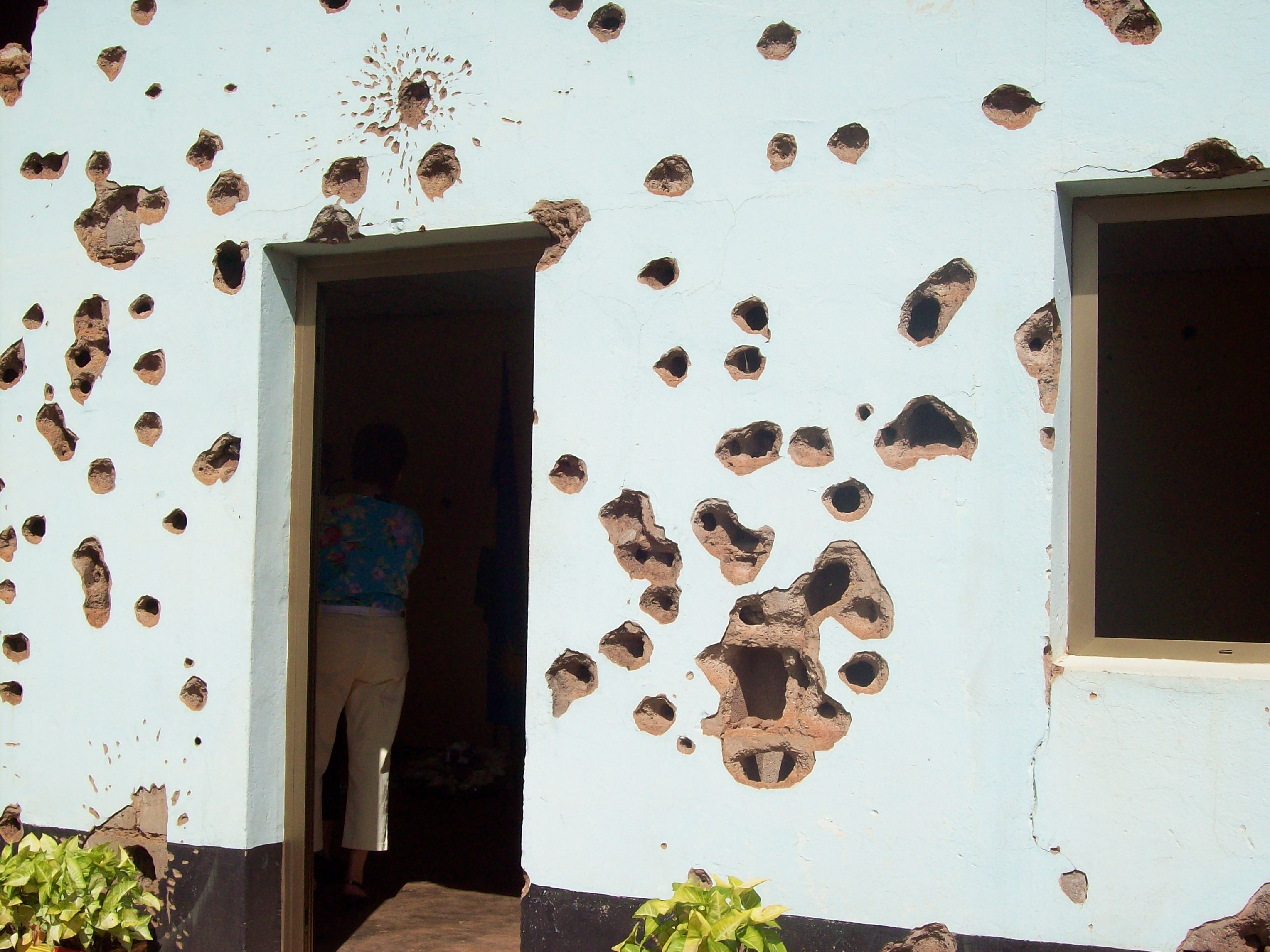All governments lie. Condemning Russia’s incursion into the Crimea last week, U.S. Secretary of State John Kerry actually said: “You just don’t, in the twenty-first century, behave in nineteenth-century fashion by invading another country on a completely trumped-up pretext.” I guess he plumb forgot the 2003 American invasion of Iraq on the phony pretext of weapons of mass destruction.
Or take Russia, whose 6,000-plus troops in Crimea have been dispatched, so we are assured, in the name of the Responsibility to Protect doctrine, even though no pro-Russian Ukrainians have been harmed. But even before R2P, the Security Council had an obligation to protect civilians in the midst of conflict. That’s what United Nations peacekeepers and peacemakers try to do. So, for example, had Russia 20 years ago sent 6,000 troops to stop the genocide in Rwanda, they’d have saved the lives of literally hundreds of thousands of Rwandan Tutsi.
But as I reminded a United Nations audience in New York last week, Russia was completely indifferent to the horrors of Rwanda. So was China. As two of the powerful permanent five members of the Security Council, both were completely impassive as the conflict roared on. Yet the behaviour of the other three permanent members — France, the U.S. and the U.K. — was even worse.
It’s exactly two decades since Rwanda’s 100 days of genocide, one of the most terrible events of the terrible twentieth century. The actual anniversary will be marked in Kigali, Rwanda’s capital, on April 7, but already commemorations have begun. Last week in New York, the United Nations held its first ceremony together with the Rwandan mission to the UN. The significance of the occasion was reflected in the presence of Secretary-General Ban Ki-Moon, who not only spoke but remained on the dais throughout the session while the other participants spoke. That included a Rwandan student reading her spirited rap poem, a survivor movingly explaining how she lost almost all her family, the Rwandan ambassador to the UN, the president of the General Assembly — and me.
Normally speeches made at the UN are prepared in advance, then read word for word. Diplomats see this is a necessary part of their game and learn to live with it.
But as I told the large audience of UN diplomats, local Rwandans and others, I spoke for no one but myself. As always, I represented no institution and no organization. My assigned task was to explain how the genocide happened. Rwanda’s Tutsi were betrayed by fellow Rwandans and by outsiders alike, and, lest we forget, I named them all.
First, there would have been no genocide had a small elite of Hutu extremists not conspired to eliminate the country’s Tutsi minority and to kill the many moderate Hutu who refused to participate in their final solution.
Second, as had been true for the preceding nine decades, outsiders betrayed Rwanda. The main culprits, it cannot be repeated too often, were the governments of France and the U.S., plus the Roman Catholic Church, the most powerful religion in Rwanda. Had President Mitterrand of France, or Pope John Paul II, or president Bill Clinton personally intervened, the genocide might have been stopped in its tracks. None did.
After it was over, with perhaps 800,000 unarmed Tutsi slaughtered, the world vowed — hardly for the first time — Never Again! A year later came Srebrenica. Then came Darfur, the “next Rwanda,” as it was called. Each of the P5 members of the Security Council found it had good reason not to intervene seriously. As in other provinces of Sudan. As in the Central African Republic this very day.
Despite new post-Rwandan structures to prevent genocide, despite the world’s pious commitment to protect the innocent, despite the presence of French and African Union troops, despite the memories of Armenia, the Hereros, the Holocaust, Cambodia, Rwanda, Bosnia, Darfur — despite it all, wicked men in the C.A.R. had manipulated ordinary Christians and Muslims to slaughter each other in large numbers, and no one seems able to stop them. Never Again? R2P? It was largely so much hot air, and I said so in no uncertain terms.
When it was over, to my great surprise, I was overwhelmed by listeners telling me how refreshing it was to hear such frank talk in the sterile confines of the UN. Then, to my even greater surprise, through the throng came the Secretary-General himself, accompanied by a bevy of senior advisers. I guessed he was going to have me arrested or turfed from his building. “Dr. Caplan,” he said through the melee, shaking my hand warmly and with a big smile, “congratulations on your very important speech and I promise you we will do better in helping the C.A.R.”
This week Ban Ki-Moon did indeed introduce a plan for a large peacekeeping force for the C.A.R. But will the powers-that-be act swiftly to implement the plan, as every day brings more death to the country? Or will this be another case of too little, too late — the usual story of Never Again? Just ask Rwandans.




